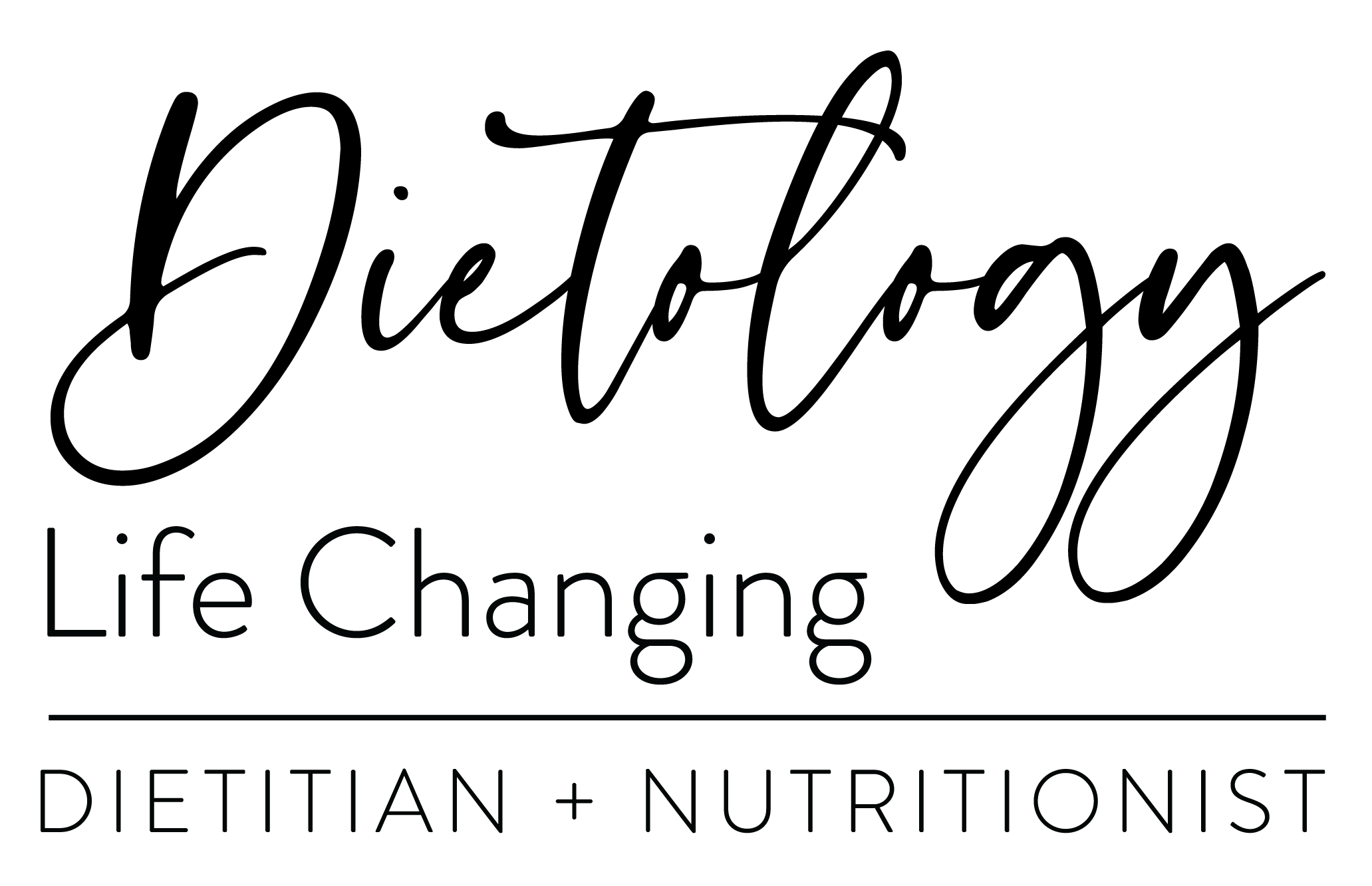Brain fog, has been one of the most challenging symptoms of Hashimoto’s to navigate. It can feel like walking through a haze, where concentration and clarity are just out of reach. Brain fog can make even simple tasks feel insurmountable.
Living with Hashimoto’s pushed me to dig even deeper into research and strategies for managing autoimmune conditions. As a dietitian, I already understood the critical role nutrition plays in health. I became my own first case study, experimenting with different approaches to improve my energy, focus, and overall well-being.
Through years of experience, both as a patient and a practitioner, I’ve developed habits and strategies that allow me to thrive while supporting others on their own health journeys.
I want to share how I manage the challenges of Hashimoto’s, particularly brain fog, and how this journey fuels my passion for helping others.
Read More














